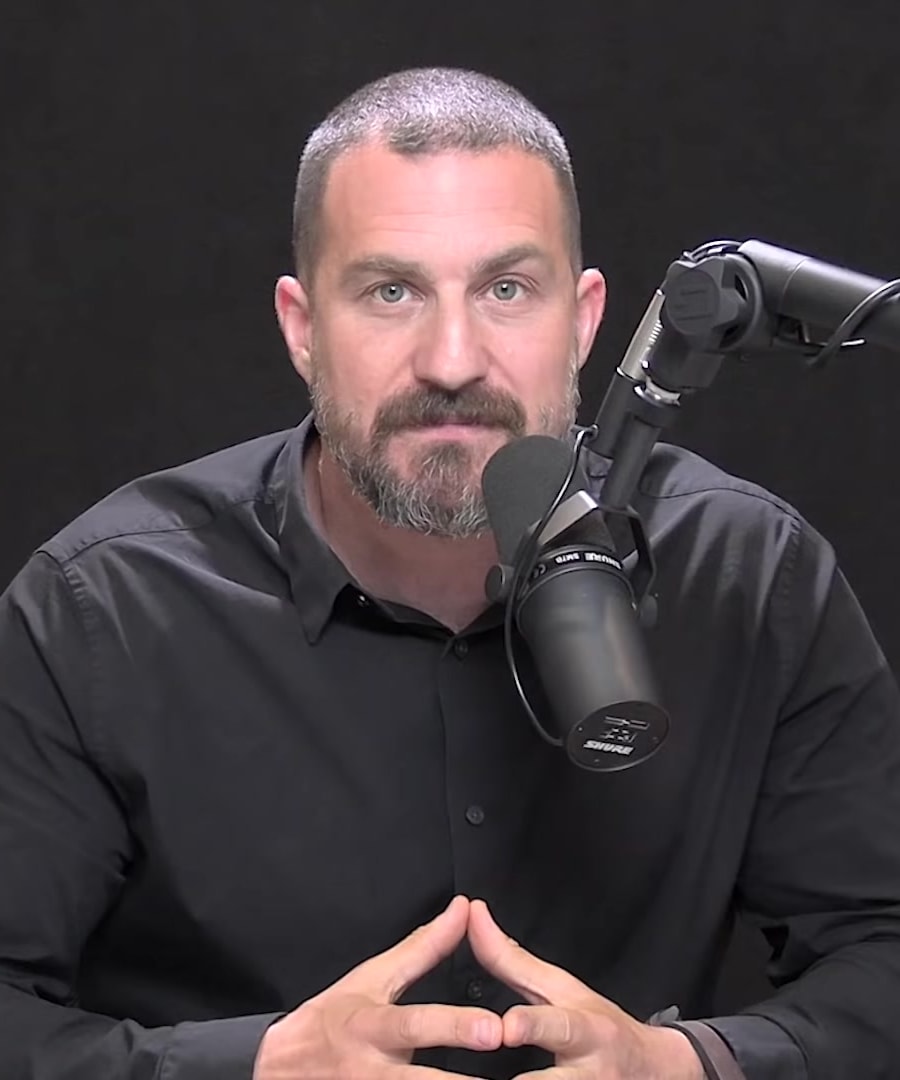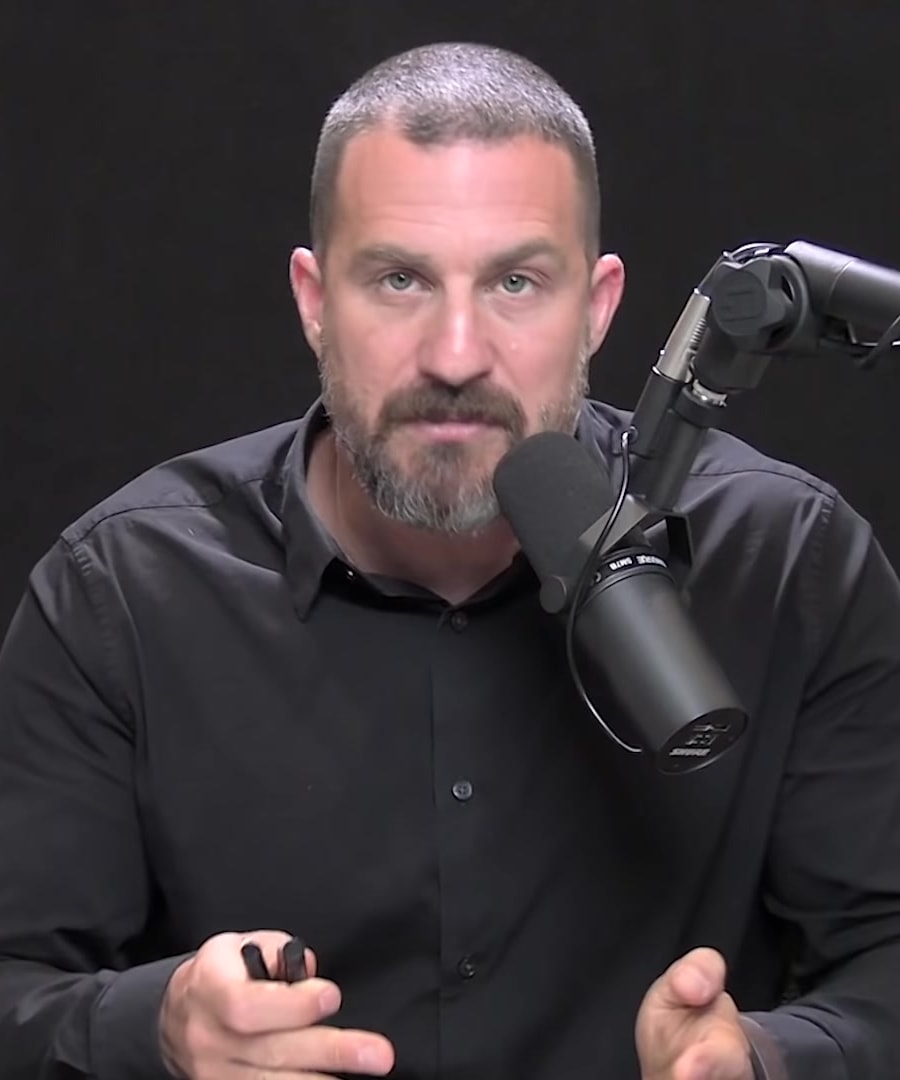What food to eat when sleep deprived but need to perform physically?
Sources:
When sleep-deprived but needing to perform physically, certain foods can help sustain your energy and mood levels. Here's what recommends:
-
Tryptophan-Enriched Foods: Foods high in tryptophan can slightly boost serotonin, which may enhance mood and overall well-being. Consider including turkey, milk, oats, cheese, nuts, seeds, and some fruits like bananas and apples in your diet 1.
-
Quality Protein: Consuming high-quality protein is crucial for physical performance and settling your hunger without excessive calories. Foods like venison, which are dense in quality protein but low in calories, can be beneficial 2 3 4.
-
Starchy Carbohydrates: For sustenance and to help ease the transition to sleep after performance, including non-refined, starchy carbohydrates like whole grain bread can be important. These carbohydrates help replenish glycogen stores and aren't directly disruptive to sleep 5 6.
These dietary choices can aid in managing physical demands even when sleep-deprived, by providing essential nutrients and sustaining energy levels.
RELATED QUESTIONS-
Which foods should I avoid when sleep-deprived and needing to perform?
Sources:
When you're sleep-deprived and need to perform physically, there are specific types of foods and substances you should avoid to maintain your energy and cognitive function:
-
Large Meals: Eating large volumes of any food can make you lethargic because it diverts blood to your gut, reducing blood flow to your brain. This can impact alertness and energy levels 1.
-
Caffeine Late in the Day: Caffeine can significantly disrupt sleep architecture if consumed too late in the day. Even if you feel it does not prevent you from falling asleep, it may still affect the quality of your sleep, lessening your recovery and performance capabilities 2.
-
High Carbohydrate Foods: Foods high in carbohydrates can induce drowsiness because they cause the release of serotonin in the brain. If your aim is to remain alert and perform well, you might want to limit these, especially during meals preceding your performance 1.
Avoiding these can help ensure you maintain better energy and alertness despite being sleep-deprived.
RELATED QUESTIONS-
What makronutrients should I focus on when I‘m sleep deprived and need to perform physically?
The provides several recommendations on macronutrient focus when you're sleep-deprived and need to perform physically:
-
Protein: It's important to keep protein intake high, as it can help in maintaining and rebuilding muscle tissues that might be stressed due to inadequate rest. This can also help in stabilizing blood sugar levels, leading to sustained physical energy and mental alertness 1.
-
Healthy Fats: Fats, especially healthy ones such as those from fish, nuts, and oils (like olive and flaxseed oil), provide long-lasting energy which is crucial when the body's normal energy mechanisms are disrupted by lack of sleep 2.
-
Complex Carbohydrates: While avoiding simple sugars that can lead to energy spikes followed by crashes, focusing on complex carbohydrates (like vegetables, whole grains, and legumes) can provide a more measured release of energy. This is beneficial for supporting consistent energy levels 3.
These adjustments to your diet can help counteract some of the negative impacts of sleep deprivation, thereby supporting your physical performance.
RELATED QUESTIONS-
What are the effects of sleep deprivation on physical performance?
Sources:
Sleep deprivation significantly affects physical performance in several ways:
-
Reduced Motor Performance: Sleep deprivation leads to noticeable decreases in grip strength, jumping ability, and overall motivation for physical tasks. Performance might decrease even with small disruptions to normal sleep patterns, such as being unable to sleep well due to anxiety or disturbances 1.
-
Increased Injury Risk: There's an elevated risk of injuries when athletes are sleep-deprived. This increased risk is not just due to physical fatigue, but also because of impaired decision-making and slower reaction times that come with lack of rest 2.
-
Impact on Decision-Making and Coordination: Extended periods of sleep deprivation can lead to significant impairments in cognitive functions, including decision-making and coordination. This can be dangerously exemplified when driving, as sleep-deprived individuals may not be fully aware of their surroundings or able to respond quickly to changes 3.
-
Muscle and Weight Management: Sleep deprivation can alter the body's metabolism, leading to impaired muscle recovery and increased retention of fat instead of burning it. It upsets the balance of muscle and fat in the body, often leading to more fat retention and less muscle when also on a diet 2.
-
Mood and Motivation: Lack of sleep disrupts emotional regulation and can decrease motivation, making it hard to perform well in athletic or high-performance tasks 4.
These points highlight the broad spectrum of physical deficits caused by inadequate sleep, stressing the importance of quality sleep for optimal physical function and safety.
RELATED QUESTIONS-
Regarding point 5, how do I improve motivation?
Sources:
To improve motivation, consider these strategies based on insights from the Huberman Lab:
-
Understanding Dopamine Dynamics: Recognize that motivation involves a balance between pleasure and pain. Dopamine, a key neurotransmitter, is more about craving and wanting than just pleasure. It is released in anticipation of something rewarding, not just upon receiving it. This understanding can help you structure your goals to trigger these anticipatory responses effectively 1.
-
Goal Setting and Anticipation of Obstacles: Set clear, manageable goals and anticipate potential obstacles. This foresight doesn’t just prepare you for challenges but also enhances motivation by keeping you engaged and ready to overcome hurdles 2.
-
Using Music: Leverage the power of music to boost motivation. Music activates motor and premotor circuits in the brain, which are involved in planning and executing movements. This can be particularly effective before or during tasks that require physical or mental exertion 3.
-
Temptation Bundling: Combine tasks you might not look forward to with activities you enjoy. For instance, only listen to your favorite podcast or music when doing a specific task. This pairs an immediate reward with the task, making it more appealing 4.
-
Regular Self-Reward: Establish a habit of rewarding yourself regularly for even small accomplishments. This could be through verbal affirmation or treating yourself to something enjoyable. Such rewards activate the dopamine system, reinforcing the behavior and boosting motivation 5.
By integrating these strategies, you can enhance your motivation efficiently.
RELATED QUESTIONS-
How to increase motivation when sleep deprived?
Sources:
To increase motivation when sleep-deprived, consider these strategies based on insights from the Huberman Lab:
-
Awareness of Reduced Capability: Recognize that your subjective perception of performance might not match the objective reality when sleep-deprived. This awareness can prevent overestimating your abilities and help you manage tasks more effectively, reducing frustration and helping maintain motivation 1.
-
Simple Physical Challenges: Introduce simple physical challenges or tasks to shift from a parasympathetic state (associated with low motivation) to a sympathetic state, which can momentarily increase alertness and motivation. This could be something as minor as a brief physical exercise or engaging in a stimulating activity 2.
-
Scheduled Rest and Play: Incorporating scheduled periods of rest and engaging in low-stakes playful activities can help restore motivation and drive. This approach leverages the beneficial effects of brief periods of recovery to improve overall psychological resilience and motivation 3.
These techniques, while helpful, are temporary measures. Prioritizing good sleep hygiene remains essential for sustained motivation and well-being.
RELATED QUESTIONS-
What are some specific actions I can take to boost motivation when sleep deprived?
Sources:
To boost motivation when sleep deprived, here are some specific actions based on insights from Dr. Matthew Walker, a guest on the Huberman Lab podcast:
-
Engage in Simple Physical Challenges: Even small physical challenges can help shift your physiological state from the low-energy, parasympathetic state (common when sleep-deprived) to a more active, sympathetic state. This shift can momentarily increase your motivation and alertness. Simple activities might include grip exercises or a brief set of physical exercises like jumping jacks or a short walk 1.
-
Respond to Provocations or Challenges: When you're sleep-deprived, your motivation to engage with the world decreases. However, being provoked by a task or facing a challenge can quickly flip your state to a more engaged, sympathetic mode. This could be a work deadline, a competitive task, or any situation that requires immediate attention and action 1.
These actions leverage the body’s adaptive responses to stress and engagement, providing a temporary boost in motivation when you’re feeling the effects of insufficient sleep.
RELATED QUESTIONS-
What food to eat when sleep deprived but need to perform physically?
- RELATED QUESTIONS
Which foods should I avoid when sleep-deprived and needing to perform?
- RELATED QUESTIONS
What makronutrients should I focus on when I‘m sleep deprived and need to perform physically?
- RELATED QUESTIONS
What are the effects of sleep deprivation on physical performance?
- RELATED QUESTIONS
Regarding point 5, how do I improve motivation?
- RELATED QUESTIONS
How to increase motivation when sleep deprived?
- RELATED QUESTIONS
What are some specific actions I can take to boost motivation when sleep deprived?
- RELATED QUESTIONS


















